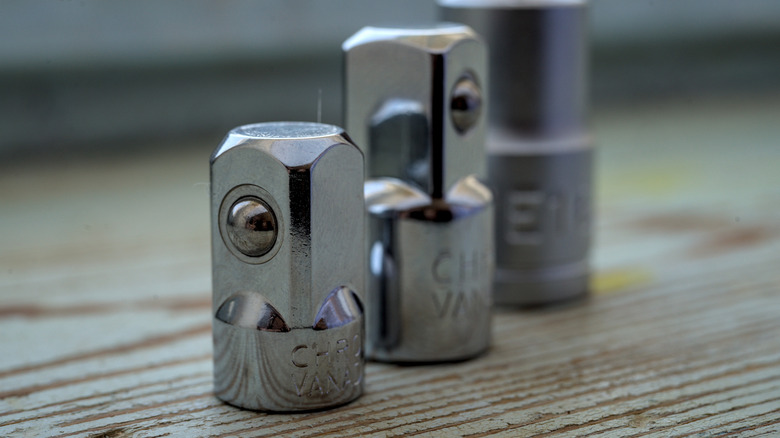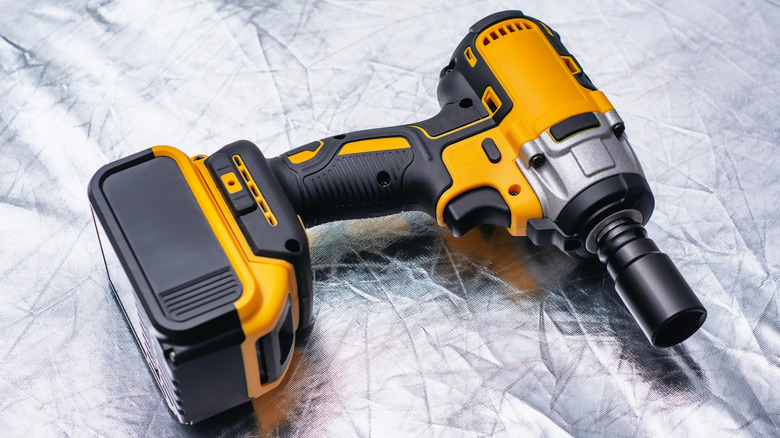Can A Tool Socket Adapter Affect Torque When Using An Impact Wrench?
Because of its ability to quickly and effectively loosen or tighten different fasteners, an impact wrench is a practical and effective power tool. Capable of providing high torque, impact wrenches are vital in manufacturing, construction, automotive, and other industrial applications. As fasteners like nuts and bolts come in different shapes and sizes, an impact wrench will need a socket adapter to be used for the diverse types. By using a socket adapter, an impact wrench increases its capability and versatility, but in some cases, it can potentially affect its performance, specifically its torque capacity.
Specific to impact wrenches, socket adapters fall into two categories. First is the drive-size adapter, which allows the drive end of a socket to accommodate tools with different drive sizes or shapes. Next are the specialty adapters, including Hex Shank Adapters, for use in hex-shaped tool attachments, the universal socket adapter, which can adapt to different fastener sizes, and U-Joint Adapters, which have joints or swivels that allow for angled use of the tool attachment
The design of specialized socket adapters that have extensions and swivel mechanisms can cause impact wrenches to lose some torque. For adapters that have swivels, either with a pin or pinless design, the play and flex of their joint causes the absorption of some energy from the impact wrench before it reaches the fastener, with some examples showing nearly half reduction on the delivered torque. For extension-type adapters, the reasons for the torque loss are their additional length and mass, which causes metal torsion, resulting in torque decreasing further the longer the extension size used.
Minimize torque loss by using correct adapters
For drive-size socket adapters that are short and have no swivel mechanisms, there is still a loss of torque when installed on an impact wrench. The reduction in torque level, however, varies depending on the size conversion, and can be as much as nearly a third of the actual torque capacity. To minimize torque loss when using an impact wrench with socket adapters, it is best to avoid using deep-type sockets and extensions. If using a socket adapter is required, it is crucial to minimize the number of parts between the impact wrench and the fastener, as more points of contact between the impact wrench and the fastener will dilute torque output.
Equally important when using socket adapters is using the correct size to avoid flex and minimize vibrations that contribute to diminished torque. Additionally, using the right-sized adapter ensures maximum power delivery by transferring the torque to the socket efficiently. Lastly, it is important to use the correct socket for impact tools, because impact sockets are built to withstand the strong torque from an impact wrench, whereas a regular socket is not and may cause safety hazards like breaking apart due to the excessive torque.
Alongside the socket adapters, the type and power source of impact wrenches, like the compact cordless impact wrenches, also affect torque capacity. In the case of an electric impact wrench, since it uses a steady power source, such as a battery or a power outlet, it can provide more consistent torque. Pneumatic impact wrenches, on the other hand, can suffer from torque fluctuations because of changes in the compressor's air pressure. Despite the downside to its use, socket adapters are an essential accessory for torque wrenches that make work easier and add to their usability.

